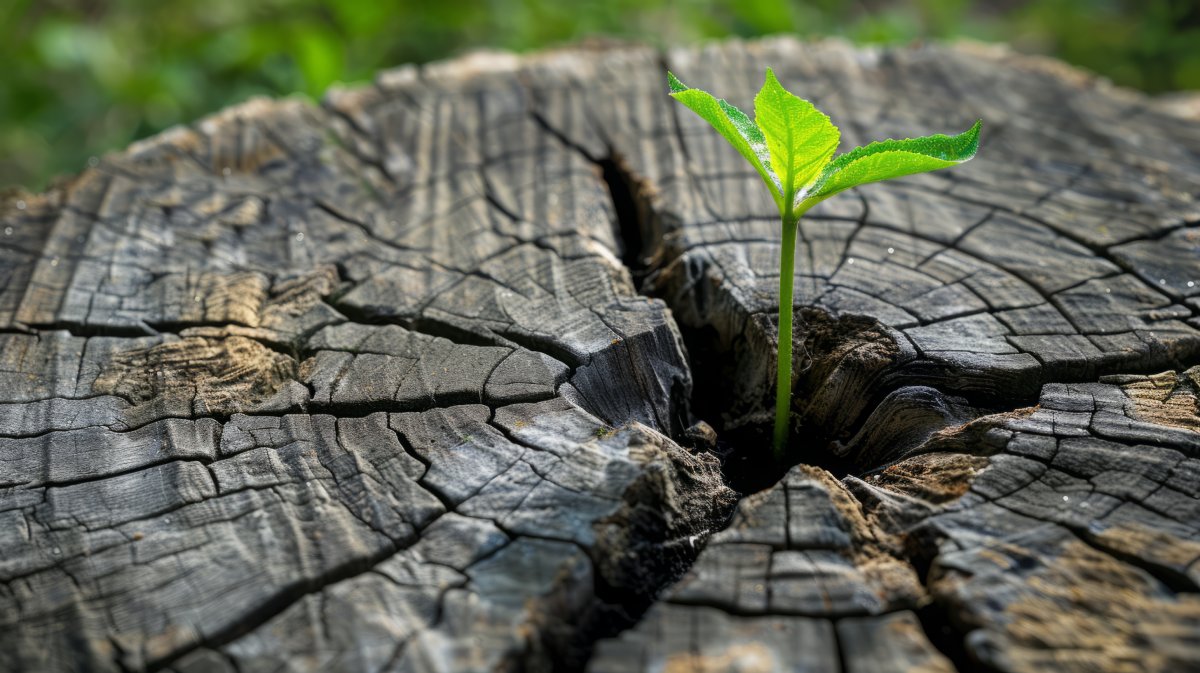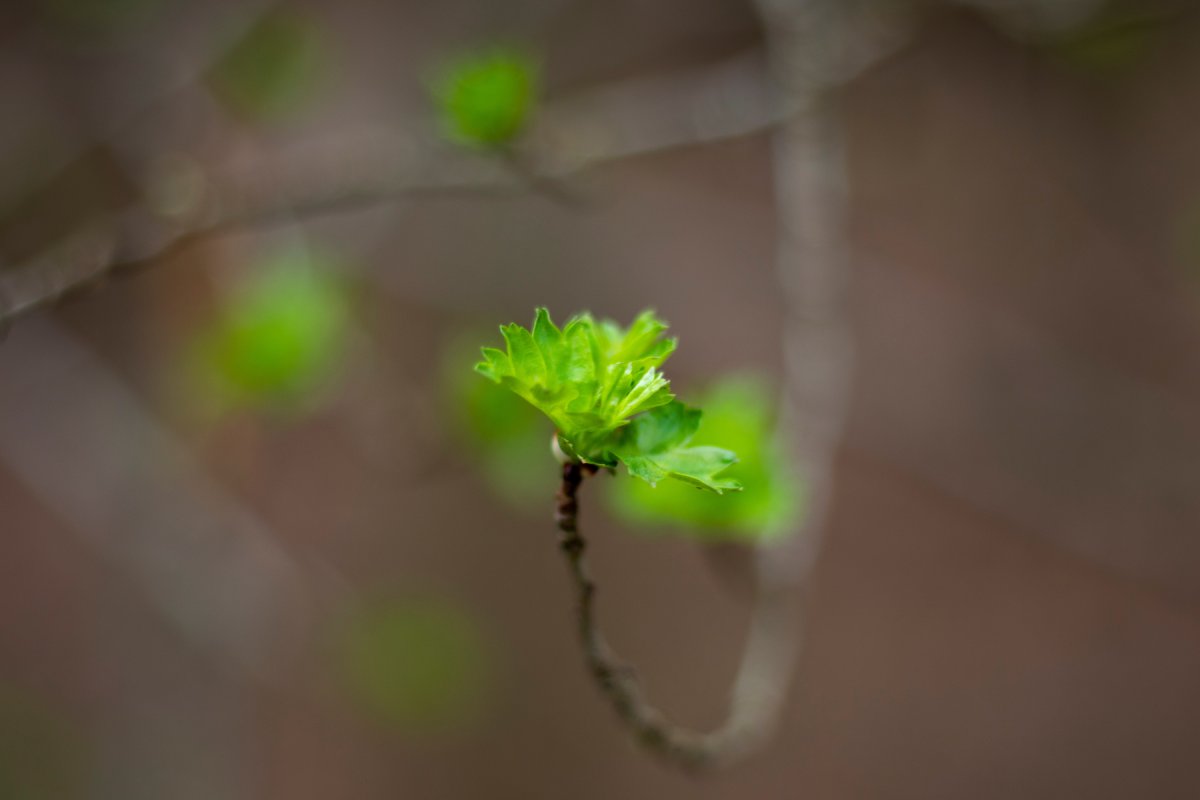Deep Dive: Moving Beyond Growth

More than five decades have passed since a brilliant group of researchers published an unlikely blockbuster—The Limits to Growth (1972). Since then, ecological footprint analysis has suggested that right around the same time The Limits to Growth became the best-selling environmental book of all time, the human economy went into overshoot, a state in which we are consuming resources faster than the Earth can regenerate them and emitting pollutants faster than the Earth can assimilate them. Plenty of subsequent scientific analyses have continued to raise alarms about humanity’s overshoot predicament. And observable real-world outcomes, such as global heating and widespread loss of biodiversity, confirm that economic exploitation of ecosystems is damaging planetary systems that all life depends upon.
In response to this unsettling, systemic polycrisis, a growing number of academics, organizations, activists, and practitioners have taken up the subjects of degrowth, postcapitalist and postconsumerist economics, and local economic resilience. Fifty years gave us a long runway to rethink and rework the economy, but despite the best efforts of many heroic sustainability leaders, we haven’t made much progress. Now, with environmental conditions deteriorating and overgrown economies flirting with collapse and failing to provide shared prosperity, it’s time to embrace degrowth and get busy making the transition to an economy that meets people’s needs without undermining the life-support systems of the planet.
This Deep Dive will:
- Explore the meaning of degrowth and the history of its development as a field of study and a movement.
- Examine how to step back from a globalized, capitalist, consumerist economy that overuses resources and disregards environmental consequences, while supporting a localized economy that relies more on bioregional investment, production, and consumption.
- Highlight how businesses can get on board with the lessons of the Limits to Growth.
- Consider how to break away from the mindset of “more” and adopt an economic worldview focused on “enough” (a better economy, rather than a bigger one).
- Take a few beats to laugh at (so we don’t always feel like crying over) the absurdities and tragedies embedded in the current economic operating manual.
- Share a set of curated resources for further study and to take meaningful action in your own life.
Featured image via Adobe Stock
Included Events
Discussion: What Can You Do About the Economy? How to Be a Degrowth Practitioner and Activist
Bringing the Economy Home: Degrowth and Local Investing for a Sustainable Future
Included Content
To Grow or Not to Grow: That Isn’t the Question
By Design, not Disaster: Gaya Herrington on Business and the Limits to Growth
Growth, Degrowth, and Green Growth: A Conversation with Peter Victor
Moving Beyond Growth: Curated List of Resources
Related Content
Beyond Growth: A Journey through the Landscape of Sustainable Economics
A Dozen Years of Economic Thumb Twiddling
Buy, Consume, Obey! A Cartoon Gallery to Lampoon the Overgrown Consumerist Economy
Deep Dive: Moving Beyond Growth
Original price was: $50.00.$25.00Current price is: $25.00.
Description
More than five decades have passed since a brilliant group of researchers published an unlikely blockbuster—The Limits to Growth (1972). Since then, ecological footprint analysis has suggested that right around the same time The Limits to Growth became the best-selling environmental book of all time, the human economy went into overshoot, a state in which we are consuming resources faster than the Earth can regenerate them and emitting pollutants faster than the Earth can assimilate them. Plenty of subsequent scientific analyses have continued to raise alarms about humanity’s overshoot predicament. And observable real-world outcomes, such as global heating and widespread loss of biodiversity, confirm that economic exploitation of ecosystems is damaging planetary systems that all life depends upon.
In response to this unsettling, systemic polycrisis, a growing number of academics, organizations, activists, and practitioners have taken up the subjects of degrowth, postcapitalist and postconsumerist economics, and local economic resilience. Fifty years gave us a long runway to rethink and rework the economy, but despite the best efforts of many heroic sustainability leaders, we haven’t made much progress. Now, with environmental conditions deteriorating and overgrown economies flirting with collapse and failing to provide shared prosperity, it’s time to embrace degrowth and get busy making the transition to an economy that meets people’s needs without undermining the life-support systems of the planet.
This Deep Dive will:
- Explore the meaning of degrowth and the history of its development as a field of study and a movement.
- Examine how to step back from a globalized, capitalist, consumerist economy that overuses resources and disregards environmental consequences, while supporting a localized economy that relies more on bioregional investment, production, and consumption.
- Highlight how businesses can get on board with the lessons of the Limits to Growth.
- Consider how to break away from the mindset of “more” and adopt an economic worldview focused on “enough” (a better economy, rather than a bigger one).
- Take a few beats to laugh at (so we don’t always feel like crying over) the absurdities and tragedies embedded in the current economic operating manual.
- Share a set of curated resources for further study and to take meaningful action in your own life.
Featured image via Adobe Stock









